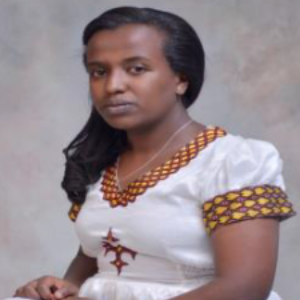Title : Epidemiology of laboratory confirmed measles virus cases under the age of less than 5 in Ethiopia, 2017-2021
Abstract:
Background
Measles is a highly contagious viral infection causing large outbreaks all over the world. Despite the availability of safe and cost effective vaccine, measles remained endemic with persistent periodic outbreaks in the Horn of Africa. The aim of this study is to characterize laboratory confirmed measles cases in the highly affected regions of Ethiopia.
Method
A suspected measles case was defined as any person presenting with fever, maculopapular rash and one or more of the three symptoms cough, coryza or conjunctivitis or a patient in whom a clinician suspects measles. A blood sample was collected for any measles suspected patient with a case based investigation form and specimen transported to the National Measles Laboratory in good condition where it was to be tested for Measles IgM antibody by ELISA technique. Data was entered, finaly merged and analyzed at National Measles laboratory using Epi-Info 3.5.3 software.
Result
A total of 13353 samples were tested for measles IgM over year (2017-2021) and of these 6286 with age ≤5 . Of the tested samples, 1338 (21.3 %) were found positive, while 4103 and 134 samples were found to be negative and equivocal (compatible) respectively. Around 711 samples were not tested due to kit shortage Patients with age ≤5 years were the most affected. The most affected region Oromia 616(46%),Amhara 235(17.6%) and Addis Ababa185(13.8%) sequentially . A seasonal peak was noted in the hot-dry season of the year.
Conclusion
Measles remains to be a public health problem in all Region of Ethiopia, mostly affecting people ≤5 years of age. Measles virus was detected in all zones of the state, reaching its peak in the hot-dry season. To reduce the incidence of measles, it is highly recommended to improve routine immunization, and conduct a wide age group campaign. Additional research to evaluate the knowledge, attitudes and practices of the general population and health care professionals about measles infection and vaccination is important. Genotyping of circulating measles virus strain is recommended.
Key words : Measles, IgM, ELISA, Equivical
Audience Take Away:
- To know the epidemiology of the Measles virus in Ethiopia
- To assess the possible risk factors for the Measles virus
- To conduct genotyping of circulating measles virus strain
- To evaluate sero-convergent of the measles vaccine in a county
- To work with other researches to strength the capacity of the country



